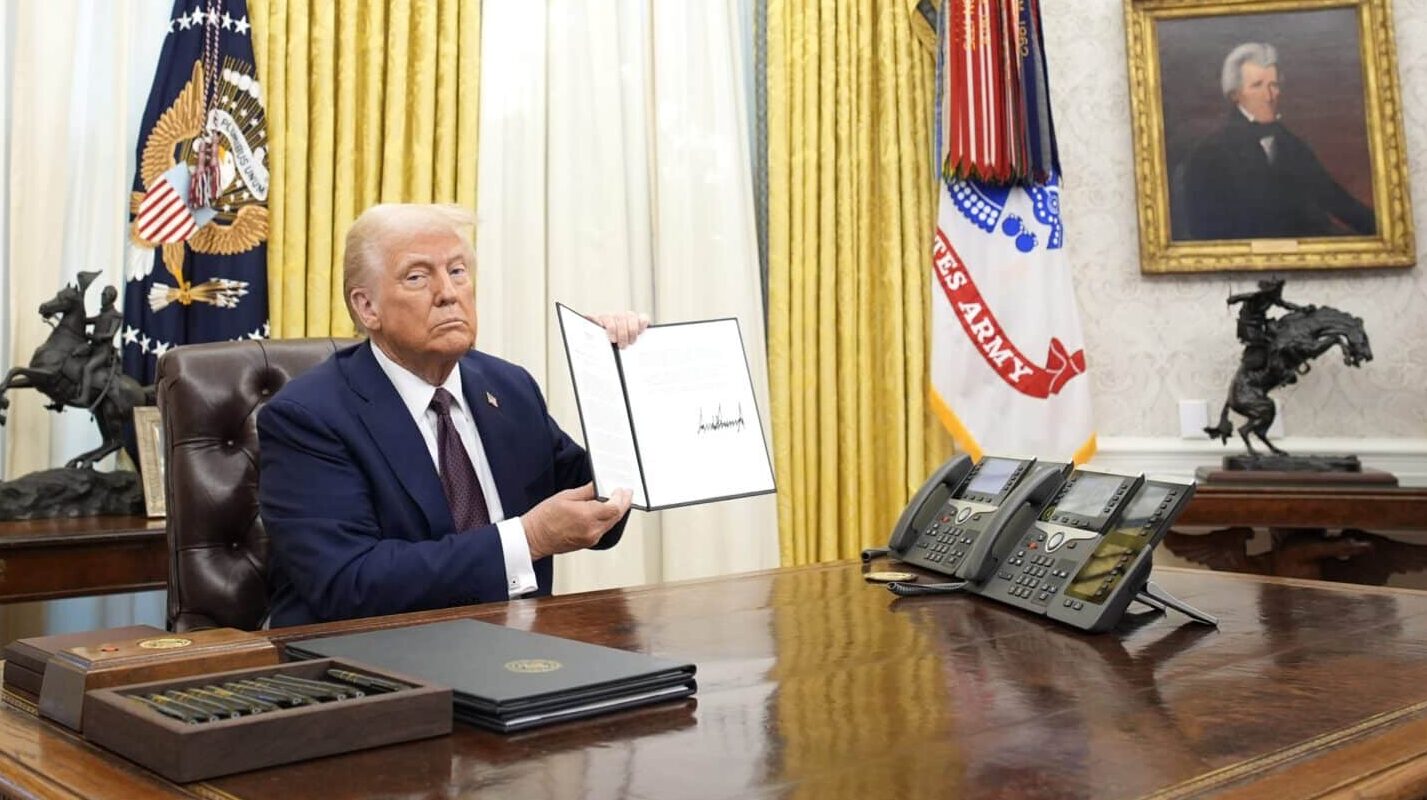
30
Jan
Impact of Trump’s Suspension of $60 Billion in Foreign Aid
President @realDonaldTrump’s decision to suspend approximately $60 billion in foreign aid has raised significant concerns among officials and international partners. This move, part of a broader initiative to restructure federal spending, has led to widespread uncertainty regarding the future of U.S. foreign assistance programs.
The suspension affects nearly all U.S. foreign assistance programs, with notable exceptions for emergency food aid and military assistance to Israel and Egypt. This has prompted immediate reactions from various stakeholders, including lawmakers, international organizations, and recipients of U.S. aid.
Trump’s decision faced legal challenges, leading to a temporary block by U.S. District Judge Loren AliKhan. The judge’s decision has temporarily halted the freeze, allowing for further legal proceedings to determine the constitutionality and potential impact of the suspension.
The suspension has significant implications for U.S. foreign policy and international relations. As the world’s largest provider of foreign aid, the U.S. allocates approximately $60 billion annually, representing about 1% of the national budget. This aid supports various initiatives, including health care, infrastructure development, and security assistance.
Internationally, such a decision has led to staff layoffs and program shutdowns, particularly affecting critical health programs like PEPFAR in Africa. The freeze raises concerns about the future of international aid programs, especially in regions like the Horn of Africa, where U.S. foreign aid supports health initiatives, combats terrorism, and promotes stability. The halt in funding could allow other international actors, such as China or Russia, to increase their presence in these regions.










